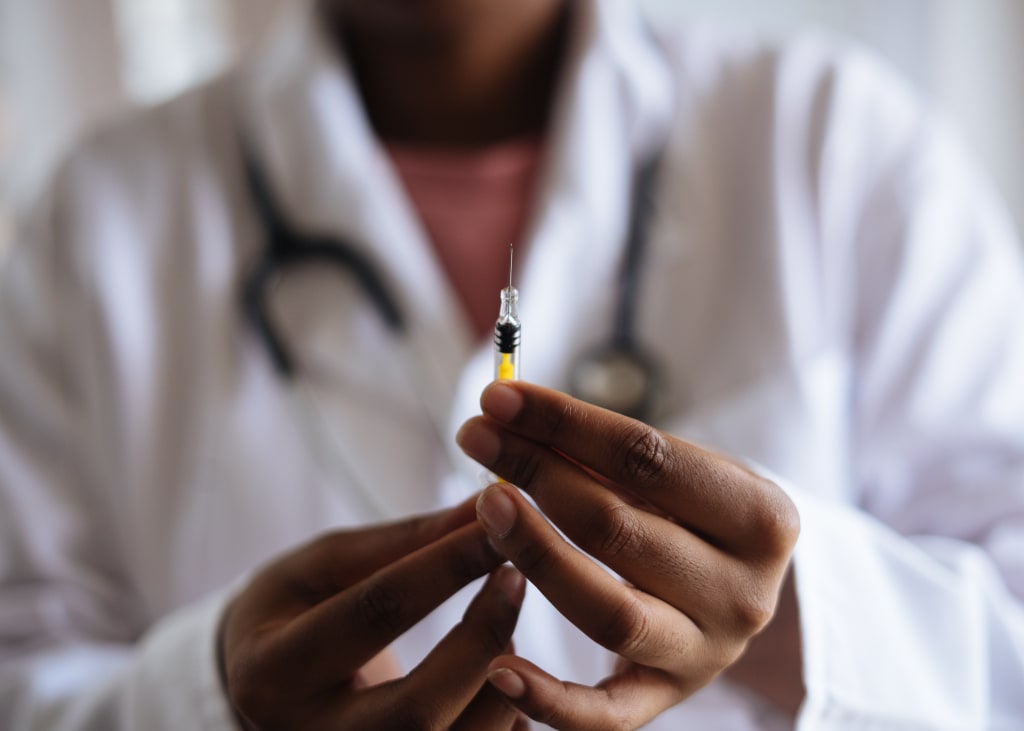The Future of Healthcare
Meds of the Future

The Future of Healthcare
The future of healthcare is an exciting and rapidly evolving field, with new technologies and techniques constantly being developed to improve patient care and outcomes. In this article, we will explore some of the most promising areas of healthcare innovation, including surgery, dentistry, veterinary care, nano robots, cancer treatments, and wearable health monitors.
Surgery
First, let's take a look at the future of surgery. One major development in this area is the use of robots for minimally invasive procedures. These robots, which are controlled by surgeons remotely, can perform a variety of tasks with great precision and accuracy, reducing the risk of complications and recovery time for patients. In addition, advances in 3D printing technology are allowing for the creation of personalized surgical instruments and implants, which can be tailored to the specific needs of individual patients.
Dentistry
Another area of healthcare that is seeing significant innovation is dentistry. In the future, it is likely that we will see more advanced techniques for diagnosing and treating dental problems, such as the use of 3D printing to create custom-fit crowns and bridges. In addition, virtual reality technology may be used to help patients better understand their treatment options and to provide a more immersive and comfortable dental experience.
Veterinary Care
Veterinary care is also an area that is likely to see significant progress in the future. For example, the use of telemedicine, which allows veterinarians to remotely diagnose and treat animals, is likely to become more widespread. In addition, advances in 3D printing and robotics may allow for the creation of customized prosthetics and other devices for animals, improving their quality of life.
Prenatal Care
Prenatal care is an essential aspect of healthcare that is focused on ensuring the health and well-being of both mothers and their unborn children. In the future, it is likely that we will see more advanced techniques and technologies being used in this area to improve care and outcomes for pregnant women and their babies. For example, the use of non-invasive prenatal testing, which allows for the detection of genetic conditions in the fetus without the need for amniocentesis or other invasive procedures, is becoming increasingly popular. In addition, the use of telemedicine and remote monitoring devices may allow pregnant women to receive care from the comfort of their own homes, reducing the need for in-person visits and potentially improving access to care in underserved areas. Additionally, advances in 3D and 4D ultrasound technology may allow for more detailed and accurate fetal imaging, helping to identify any potential issues or abnormalities early on in pregnancy. Overall, the future of prenatal care is likely to be more personalized, convenient, and effective for both mothers and their unborn children.
Nano-Robots and Cancer
One of the most exciting areas of healthcare innovation is the use of nano robots, which are tiny robots that can be used to deliver medication or perform other tasks inside the body. These robots, which are still in the early stages of development, have the potential to revolutionize the way we treat a variety of diseases, including cancer.
Speaking of cancer, the future of cancer treatment is also looking bright. One promising development is the use of personalized medicine, which involves the use of genomic data to tailor treatment to the specific genetic makeup of individual patients. In addition, the use of immunotherapy, which harnesses the power of the body's own immune system to fight cancer, is becoming increasingly popular and effective.
Wearable Health Monitors
Finally, wearable health monitors are likely to play a significant role in the future of healthcare. These devices, which can be worn on the body or incorporated into clothing, can track a variety of vital signs and provide real-time health data to both patients and healthcare providers. This information can be used to monitor and manage chronic conditions, as well as to identify potential health issues before they become serious.
The future of healthcare is full of exciting possibilities, with new technologies and techniques being developed all the time to improve patient care and outcomes. From the use of robots and 3D printing in surgery and dentistry, to the potential of nano robots and personalized medicine in cancer treatment, there are many ways that healthcare is likely to change and evolve in the coming years. And with the growing popularity of wearable health monitors, it is clear that the future of healthcare will be increasingly focused on preventative care and proactive management of chronic conditions.
About the Creator
Kahi Bradshaw-Williams
Hey there! I'm Kahi, a tech content writer and web designer with a love for all things tech and science.
Official Science Communicator
Check Out my services:
Web-design: https://etsy.me/3Gckpgv
Writing: https://www.fiverr.com/share/YQmZwK






Comments
There are no comments for this story
Be the first to respond and start the conversation.